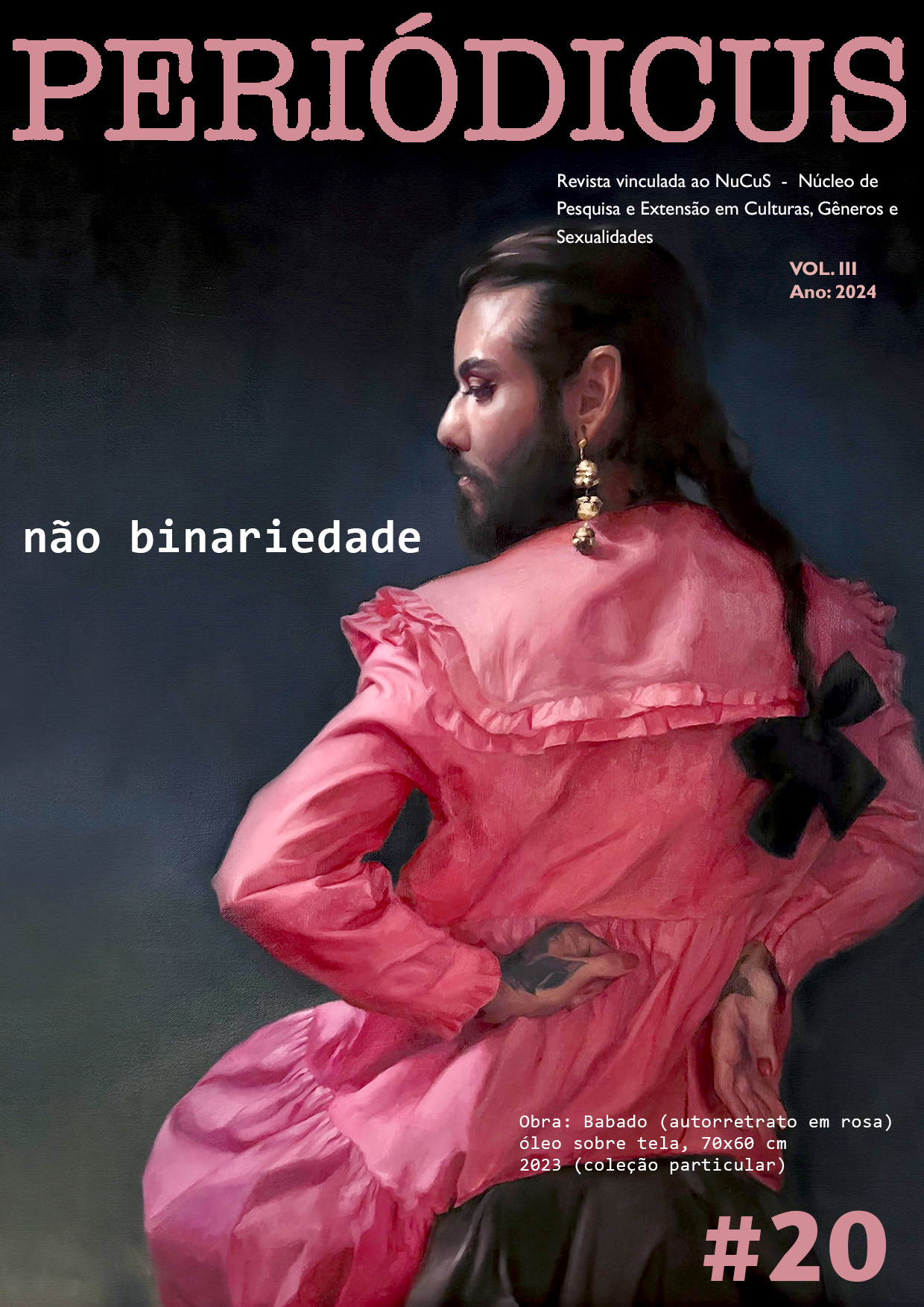Gender and sexual diversity in basic school Sociology
approach and effects
DOI:
https://doi.org/10.9771/peri.v3i20.52137Abstract
This article is the result of a research that aimed to analyze how Sociology teachers approach the theme of gender and sexual diversity in classrooms. For this purpose, 1) a historical context of the effects of the so-called "moral panic" in Brazil is analyzed through the literature, and 2) an analysis is made of in-depth interviews conducted with five public school Sociology teachers from the state of Rio de Janeiro. The results obtained show: from 2018 on, there have been more difficulties in approaching topics that trigger moral panic dynamics in classrooms and more threats to the freedom of teaching. Nevertheless, most students, according to the professors, are open to reflection and debate. By way of conclusion, the current scenario of the subject in High School is presented, from the reform and the Base Nacional Curricular Comum (BNCC), along with the future challenges narrated by teachers regarding the reduction of time of the subject and its fragmentation into a broader area.
Downloads
Downloads
Published
How to Cite
Issue
Section
License
Copyright (c) 2024 Heitor Martins Guimarães

This work is licensed under a Creative Commons Attribution-NonCommercial 4.0 International License.
Autores que publicam nesta revista concordam com os seguintes termos:
Autores mantêm os direitos autorais e concedem à revista o direito de primeira publicação, com o trabalho simultaneamente licenciado sob Licença Creative Commons Attribution Noncommercial que permite o compartilhamento do trabalho com reconhecimento da autoria e publicação inicial nesta revista, sendo vedado o uso com fins comerciais.
Autores têm autorização para assumir contratos adicionais separadamente, para distribuição não-exclusiva da versão do trabalho publicada nesta revista (ex.: publicar em repositório institucional ou como capítulo de livro), com reconhecimento de autoria e publicação inicial nesta revista.
Autores têm permissão e são estimulados a publicar e distribuir seu trabalho online (ex.: em repositórios institucionais ou na sua página pessoal) a qualquer ponto antes ou durante o processo editorial, já que isso pode gerar alterações produtivas, bem como aumentar o impacto e a citação do trabalho publicado (Veja O Efeito do Acesso Livre).







